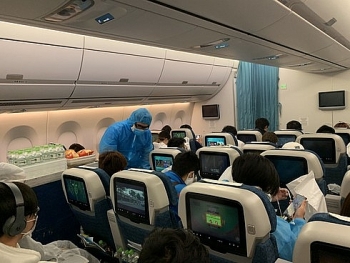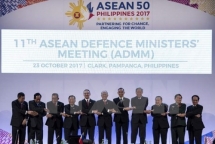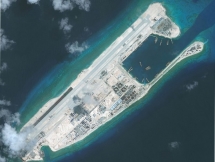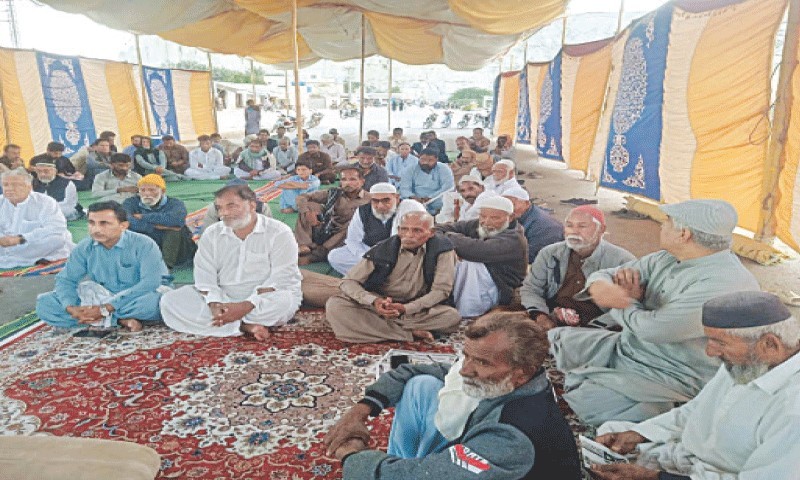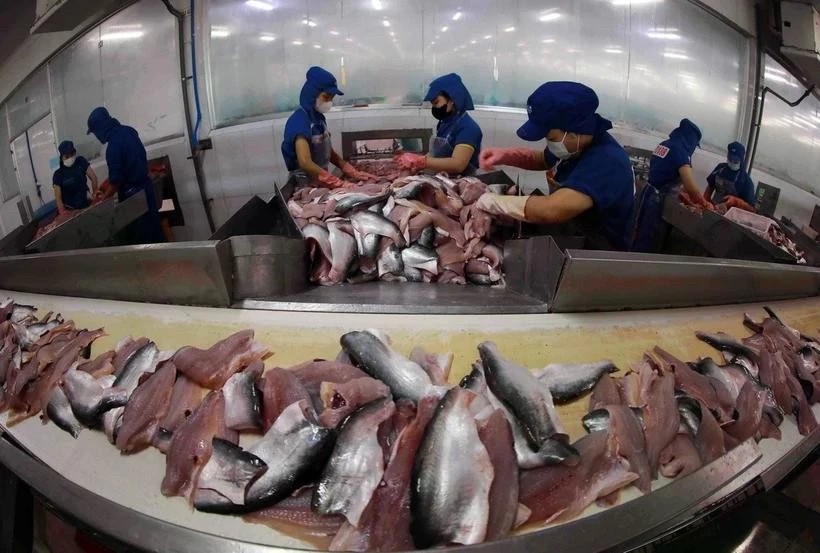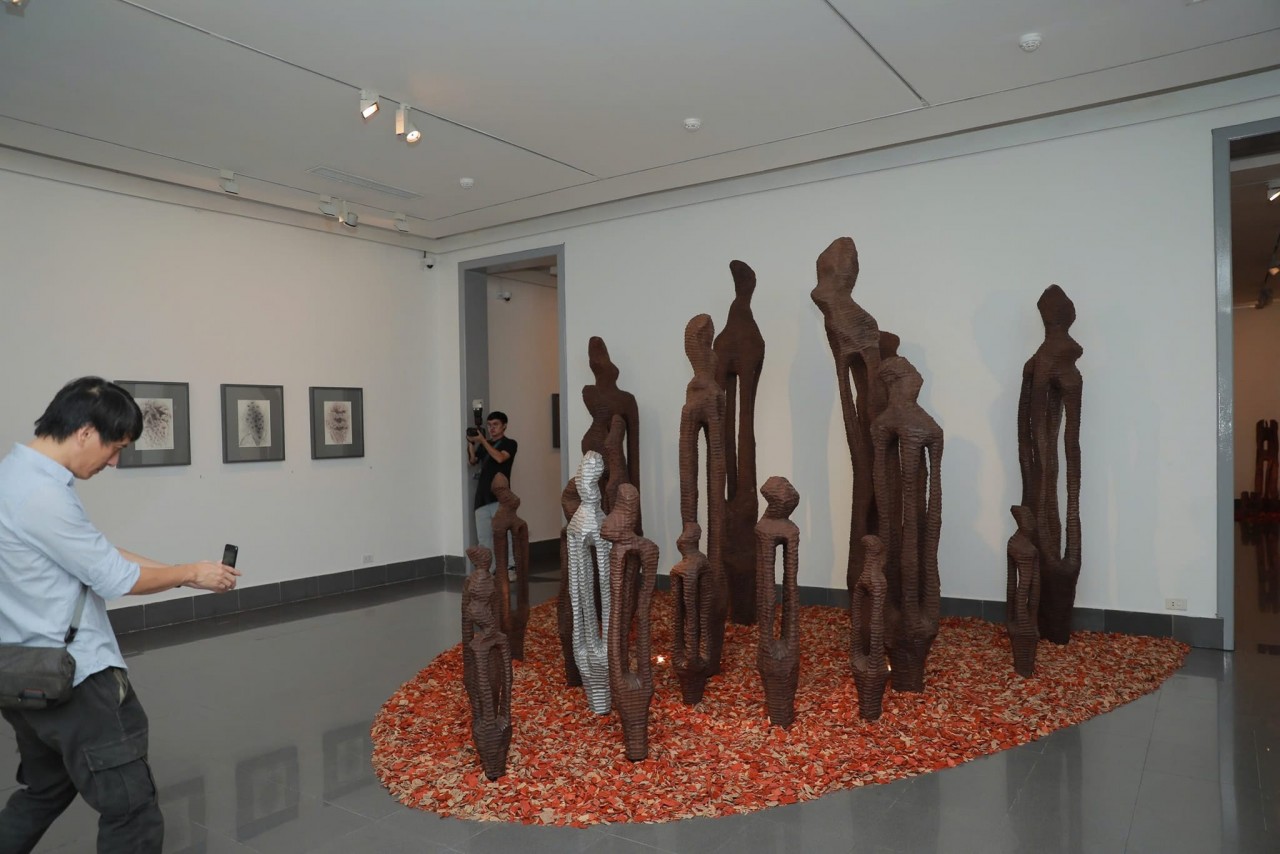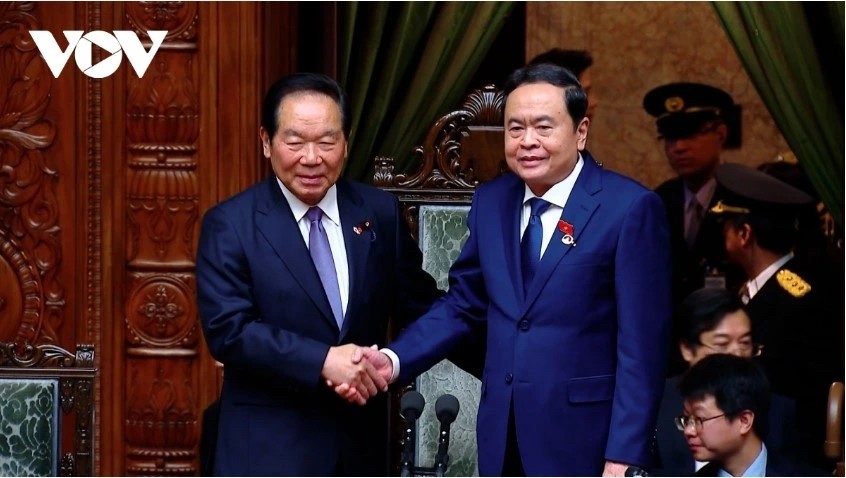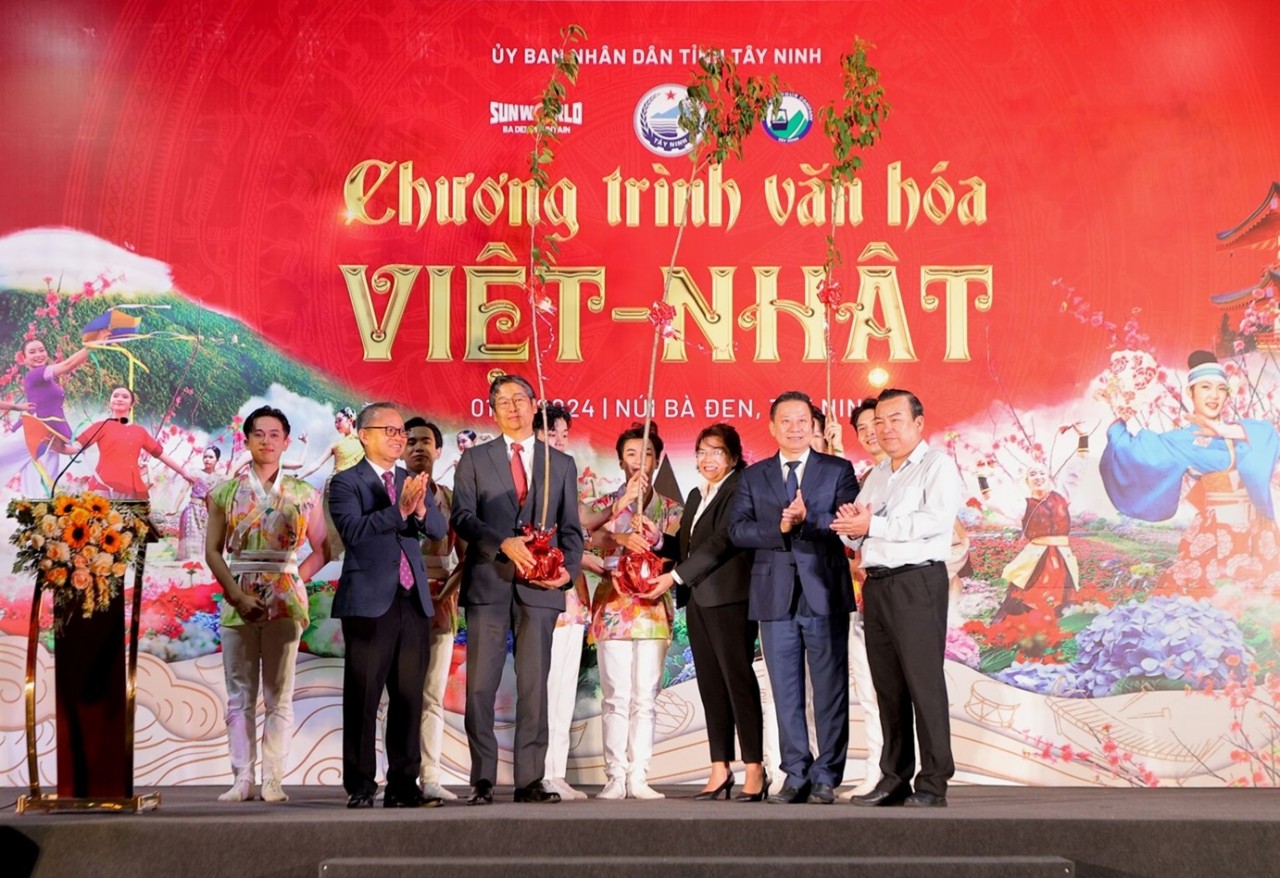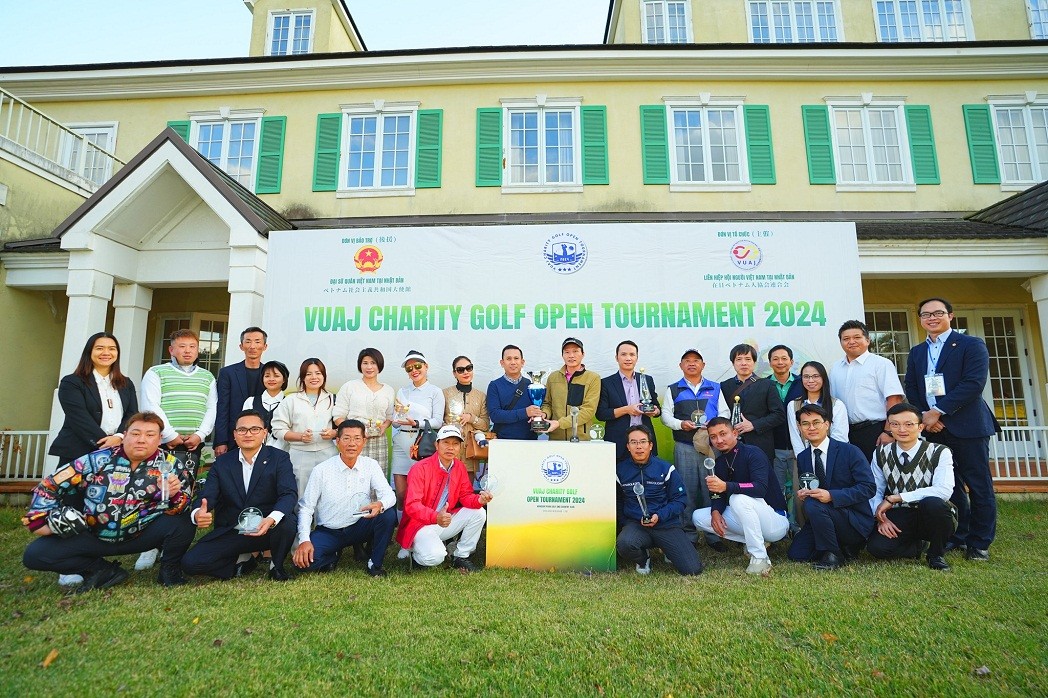Japanese companies to end use of Chinese drones over security concerns
| Vietnamese citizens fly home from Japan, US | |
| China, Japan, US support ASEAN’s central role: defence ministers | |
| Japan, US voice concern over China’s test flight |
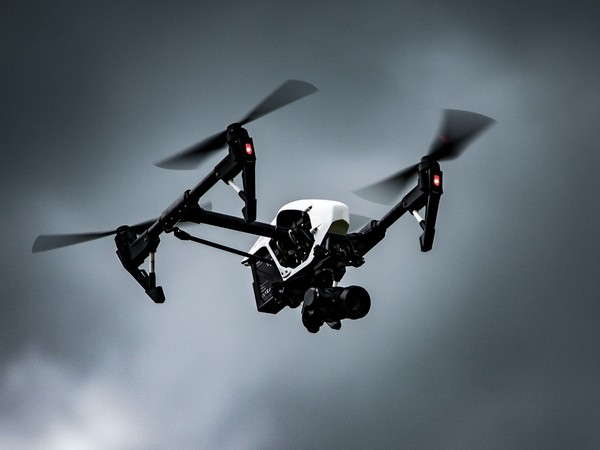 |
| Illustrative image. Source: ANI |
There have been concerns that drones made by Chinese companies transmit sensitive data to their manufacturers, However, the US essentially blacklisted drone maker DJI last year over national security concerns. While Japanese users are also starting to explore alternatives, a lack of cost-effective homegrown options with comparable capabilities could muddle their efforts, reported Nikkei Asia.
Leading Japanese infrastructure companies are joining in the government's efforts to curb the potential security risks after Tokyo urged government agencies to replace drones that pose significant cybersecurity risks under new procurement guidelines that took effect this fiscal year. The Japan Coast Guard has already stopped the use of Chinese-made drones.
The guidelines apply to drones used to inspect infrastructure, in addition to those used for national security purposes. The government is also asking private-sector contractors to step up their security measures.
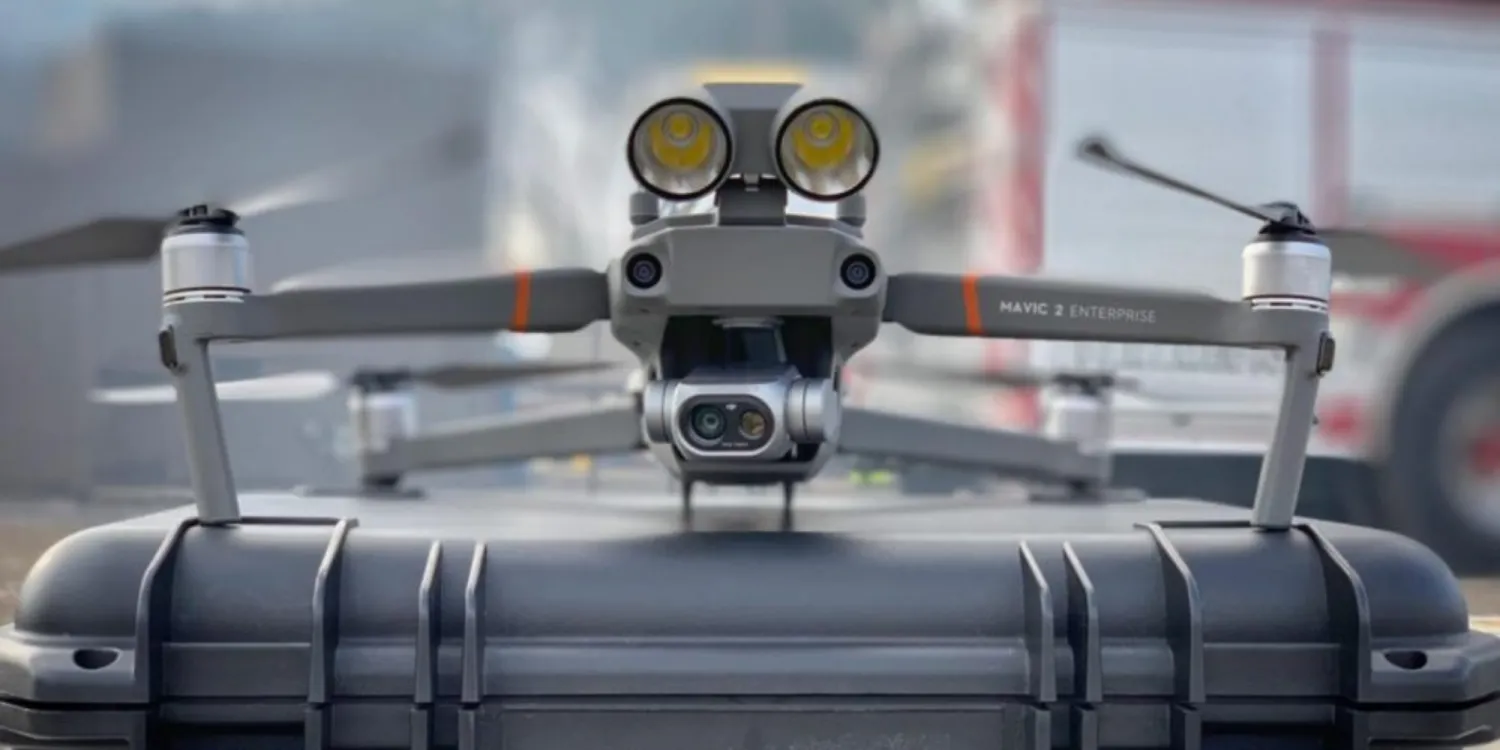 |
| Photo: dronedj.com |
Japanese drone makers are ramping up development efforts to tap the likely rise in demand for homegrown products. Autonomous Control Systems Laboratory, which is listed on the Tokyo Stock Exchange's startup-focused Mothers market, is developing a drone with Yamaha Motor and other partners to go on sale as early as October. The drone's flight data and any images it takes will be protected.
"Major electricity and gas companies have approached us, saying they want to switch to domestically made drones for inspections and other uses," ACSL President Satoshi Washiya said.
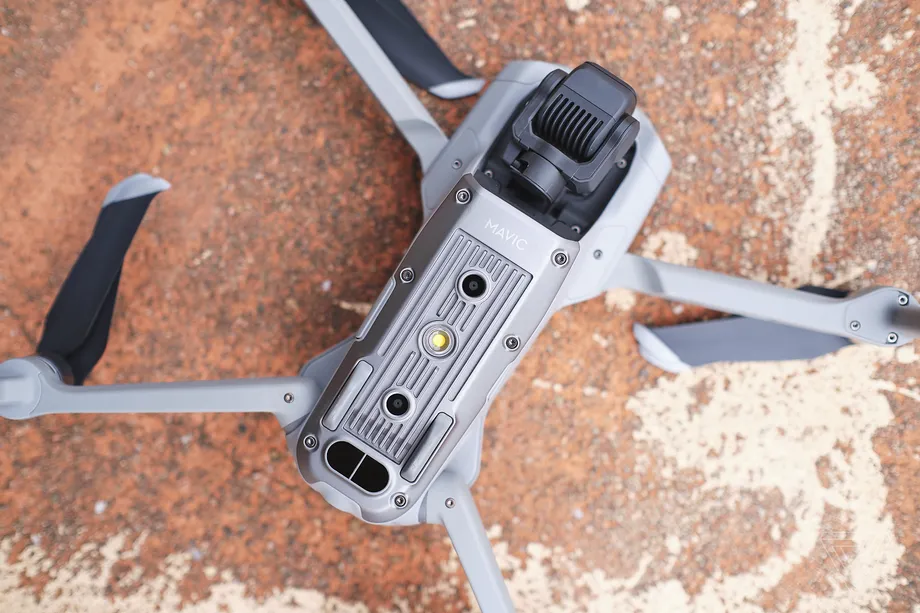 |
| Last December, the US Commerce Department added China's SZ DJI Technology Co, the world's largest drone maker, to the US government’s economic blacklist. Photo by Vjeran Pavic / The Verge |
Sony Group unveiled its Airpeak drone in January ahead of the commercial launch. The model is primarily designed for the entertainment industry, but Sony will also consider branching out into logistics, infrastructure and other fields.
But not all Japanese businesses are ready to switch to homegrown drones just yet. Few existing models can satisfy client needs, and the ones that are available can cost dozens of times more than counterparts from DJI, which has succeeded in driving prices down through mass production and using shared parts with appliances and other products, ANI News said. /.
| Last December, the US Commerce Department added China's SZ DJI Technology Co, the world's largest drone maker, to the US government’s economic blacklist, along with dozens of other Chinese companies, Reuters said. In January 2020, the US Interior Department grounded its fleet of about 800 Chinese-made drones but said it would allow their use for emergency situations. US Interior Secretary David Bernhardt last October ordered a halt to additional purchases of Chinese-made drones by the department. In May 2019, the US Department of Homeland Security warned US firms of the risks to company data from Chinese-made drones. In a notice, DHS said US officials have "strong concerns about any technology product that takes American data into the territory of an authoritarian state that permits its intelligence services to have unfettered access to that data or otherwise abuses that access." |
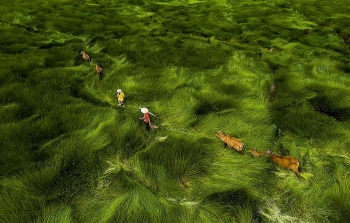 | Drone shots taken in Vietnam stun the world at the Drone Photo Awards 2020 Ariel photos taken by local and foreign photographers in Vietnam go out of the world in choice drone shots. |
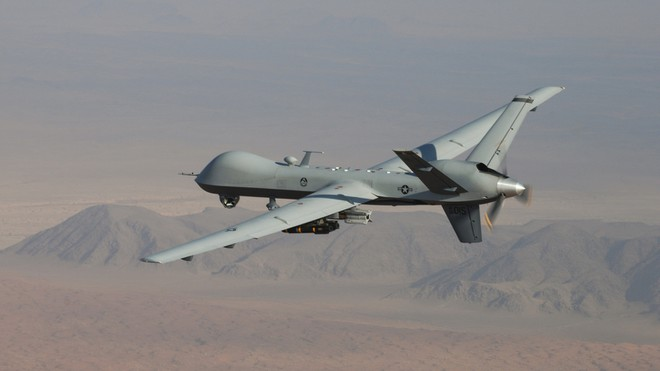 | Chinese media threatens to shoot down US MQ-9 Reaper drones China will shoot down US warplanes, no matter they are unmanned or manned, the Global Times said after it was recently reported that the US ... |
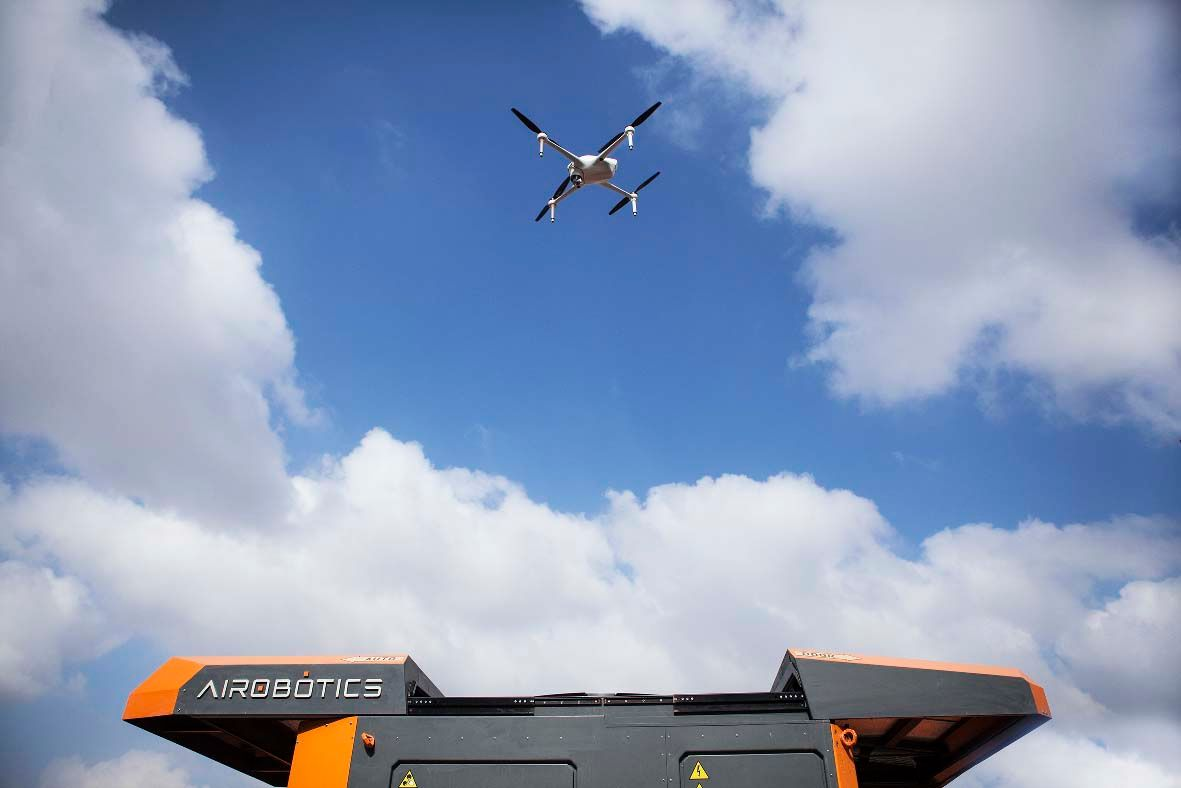 | Singapore trials pilotless drones for social distancing monitoring amidst Covid-19 pandemic Singapore’s police have been trialling two pilotless drones developed by Israel’s Airobotics to help enforce social distancing measures aimed at containing the spread of COVID-19. |
Most read
Recommended
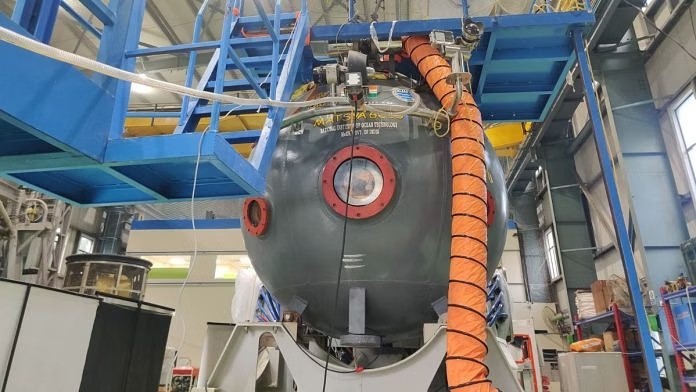 World
World
India’s first crewed deep-sea mission set for testing—‘We’re to oceans what ISRO is to space’
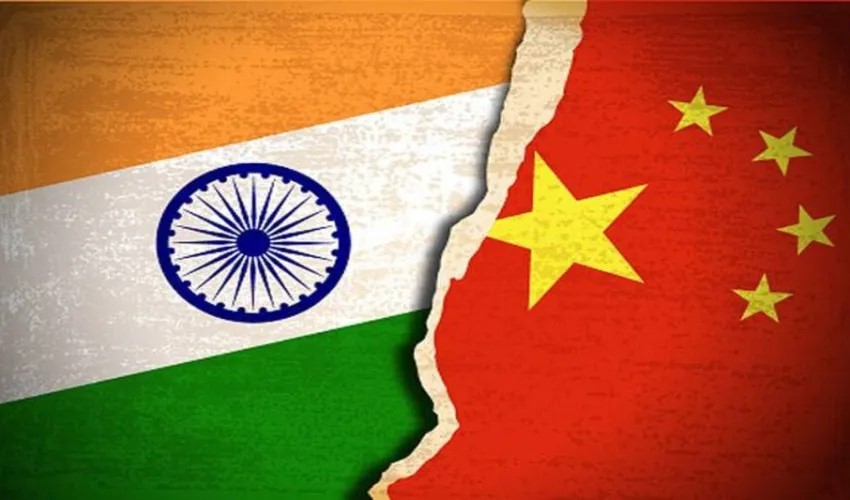 World
World
China Ready To Work With India, Says Beijing Ahead Of Ajit Doval-Wang Yi Meet
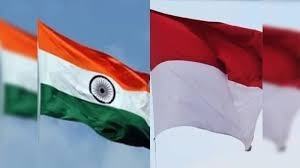 World
World
India, Indonesia strengthen maritime ties with top level engagements
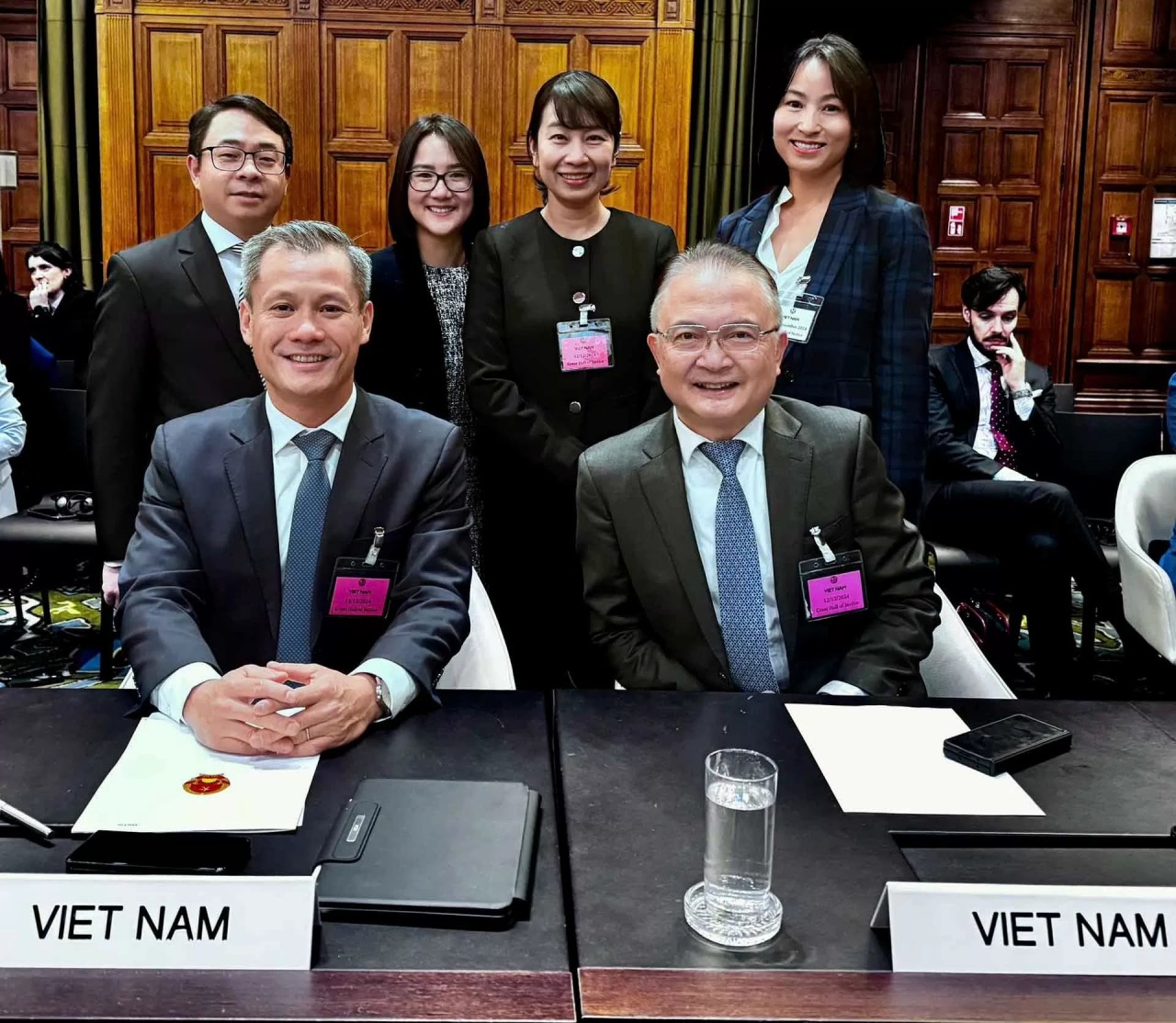 World
World
Vietnam Strengthens Role in ICJ Climate Advisory Process
Popular article
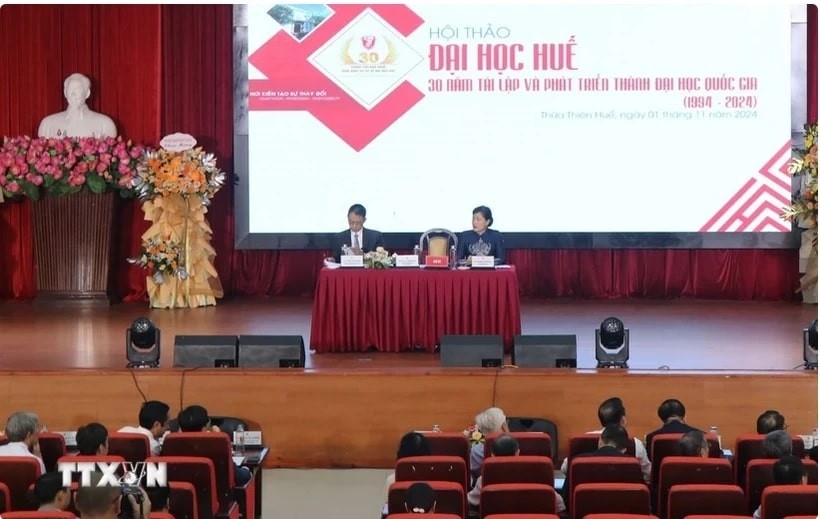 World
World
Vietnamese Institutions Rise In QS World University Sustainability Rankings
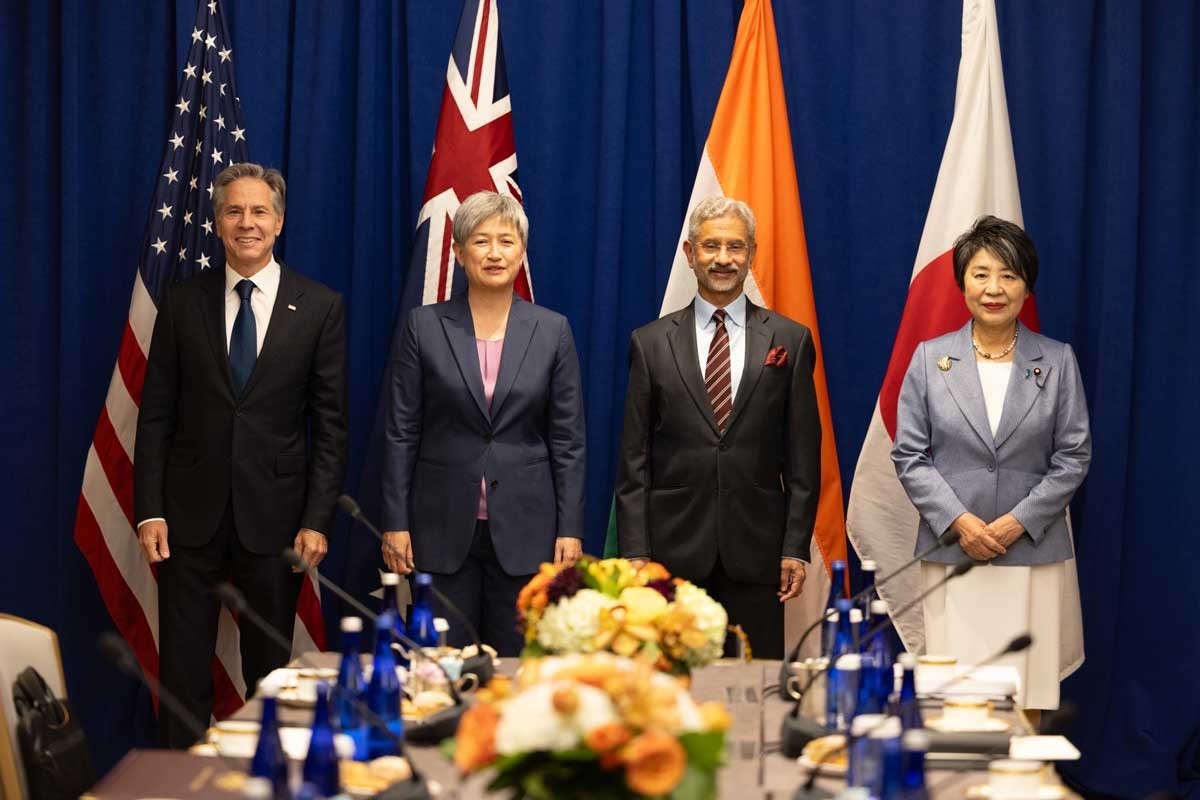 World
World
QUAD: Changes in the balances in the Indo-Pacific Ocean Bring changes to global balances
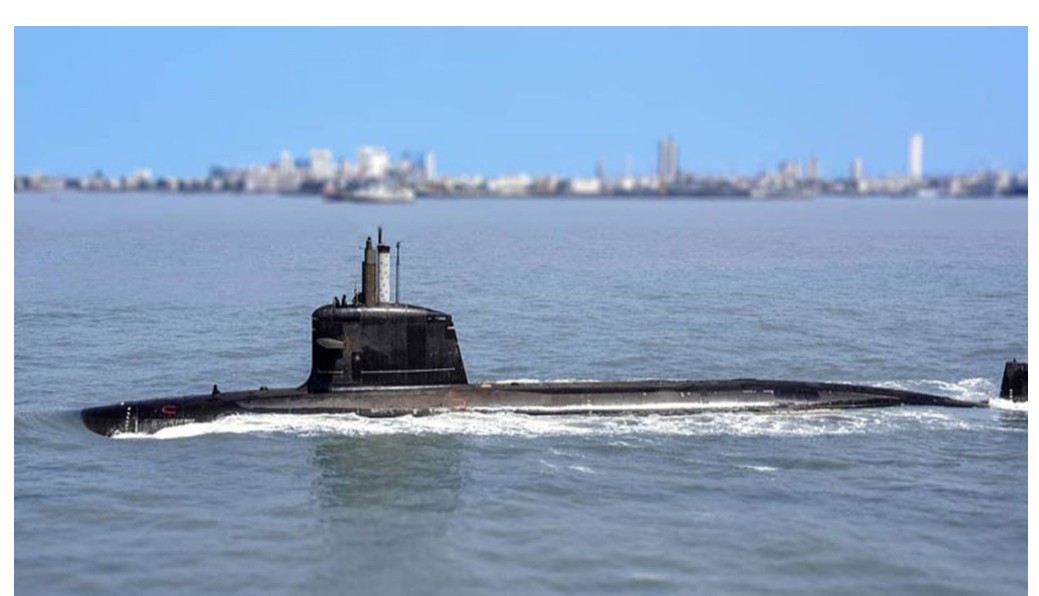 World
World
France offers tech to make India Navy's submarines almost invisible in Indian Ocean Region
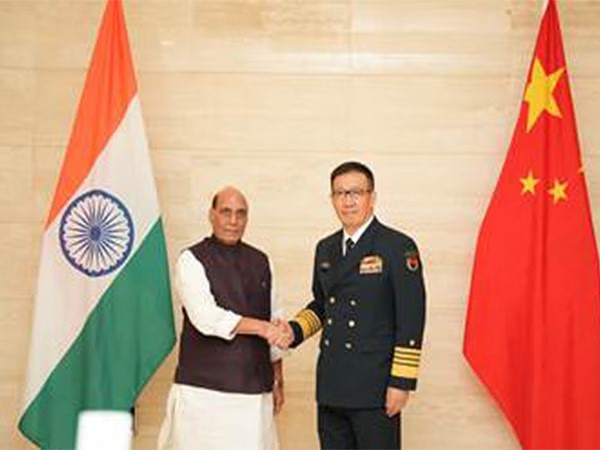 World
World

